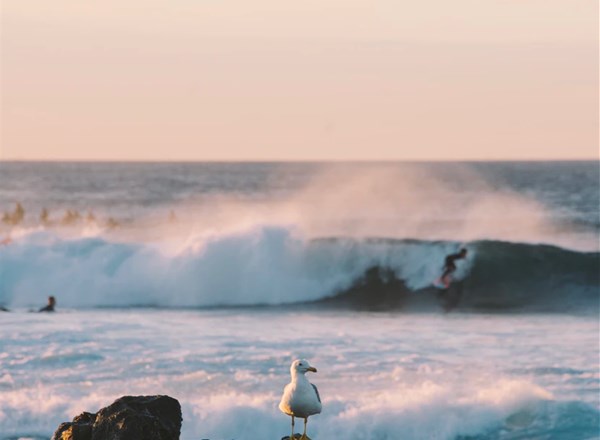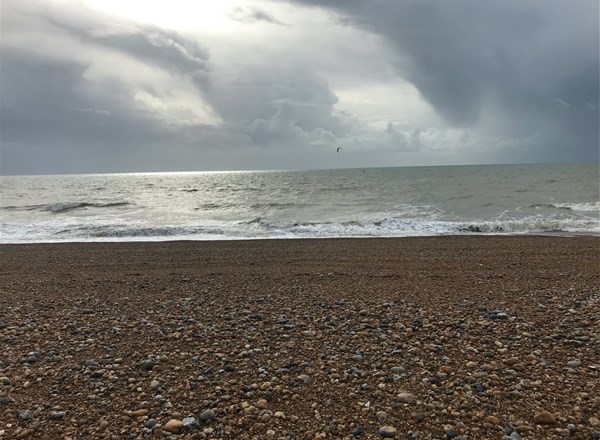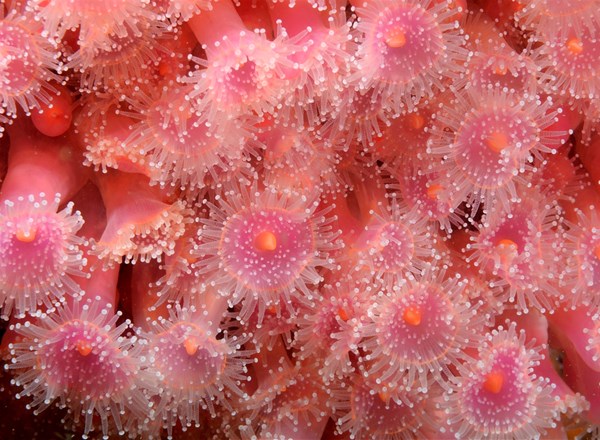
A day in the life of...a Marine Data Advisor
Read about a typical day for some of the people involved in the MDE journey.
As we evolve the MDE, we'll bring you stats and facts about the data, but we want to bring you along with us on this exciting journey. It's easy to think of data as numbers, but behind the numbers is a story about critical offshore industries and the amazing marine environment; coexisting right here on our doorstep in the UK.
What better way to bring the data to life than through the people who are collecting, publishing and re-using it.
This series of 'A day in the life of' starts with The Crown Estate's Marine Data Advisor, John Mitchell.
Over the course of the series we'll jump back in time to the survey data being collected, and continue to follow the data as it is made available through the MDE and re-used in new projects.

As Marine Data Advisor for The Crown Estate, what do you do?
I help manage the Marine Data Exchange, with a specific focus on the customer engagement side – I spend most of my time helping offshore renewable developers and operators to upload their survey data. I also do some data analysis and visualisation work, as well as operating the MDE mailbox, so if you send in a question, I’m the person you’ll be talking to!
"My dream coming out of university was to find a job where I could make use of my degree, and by some minor miracle I’ve been lucky enough to find one.
How did you get here?
I come from a marine background, my dad is a boat builder, and I started sailing when I was about 5. As a result, choosing Oceanography as my university course seemed like a natural choice. It was a course which had a strong data focus, and meant I gained experience collecting and analysing a variety of marine survey data, as well as one that encouraged an already strong love of the sea and a deep commitment to the fight against climate change. I also taught sailing during school and university holidays, which acted as great training for building connections with people. When a job managing marine survey data from offshore projects with a strong emphasis on relationship building came up, I couldn’t believe my luck.
What is a typical day like?
My days have plenty of variety, but a typical one would include a meeting with an offshore wind farm developer to discuss the survey work going on at the site, talk about the survey data they are going to submit or have submitted and to see if they can provide any interesting insights into the data. These meetings are crucial, as data submission to the MDE relies on good working relationships with our customers, and the meetings often throw up additional insight into the data. As such, there is plenty of meeting preparation in a typical day as well, including checking survey data has been through the quality assurance process. When I’m not speaking to customers, I spend time organising and looking into the data, focusing on key trends and identifying evidence projects to investigate these trends in more detail. I also work on content for the MDE website, which often includes visualising trends in the data, and the MDE mailbox usually throws up an interesting query or two for me to grapple with!
What do you love about what you do?
I enjoy the variety, the relationship building with my contacts, and the real sense that I’m utilising my degree. But I think what I love most of all about my job is the fact I get to work with this incredible, and important, resource. The MDE is a data goldmine which could potentially provide real insights for work fighting the climate and ecological emergencies. The knowledge that there is an overriding purpose to my job is amazing, focusing my efforts and inspiring me when I’ve spent 3 hours grinding through a spreadsheet.
What is the most challenging part of your job?
The sheer quantity and variety of data on the MDE. This manifests itself in a lot of ways, from physically having to post a hard drive of data because it’s too big to transfer any other way, to having to feedback quality assurance comments on over 100 surveys to a developer. A single geophysical survey can be over 1TB of data, and we currently have over 350 of those alone.
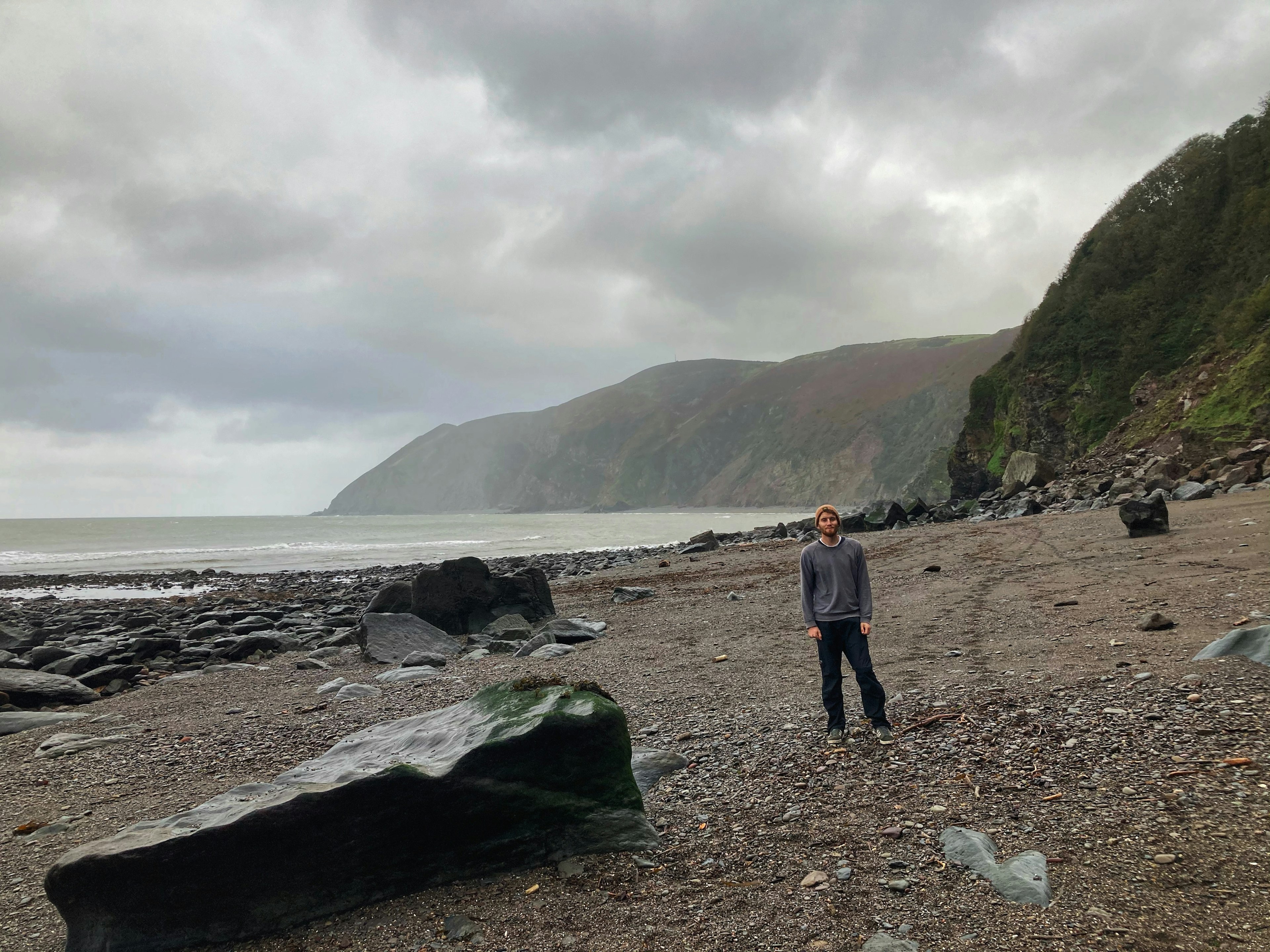
Plan B. Where would we find you if you hadn't become the marine data advisor?
I think I would’ve been applying for jobs in environmental and marine consultancies or possibly trying to find work with marine charities. My dream coming out of university was to find a job where I could make use of my degree, and by some minor miracle I’ve been lucky enough to find one, so I would be looking for a job with a similar purpose and opportunity to apply those skills.
